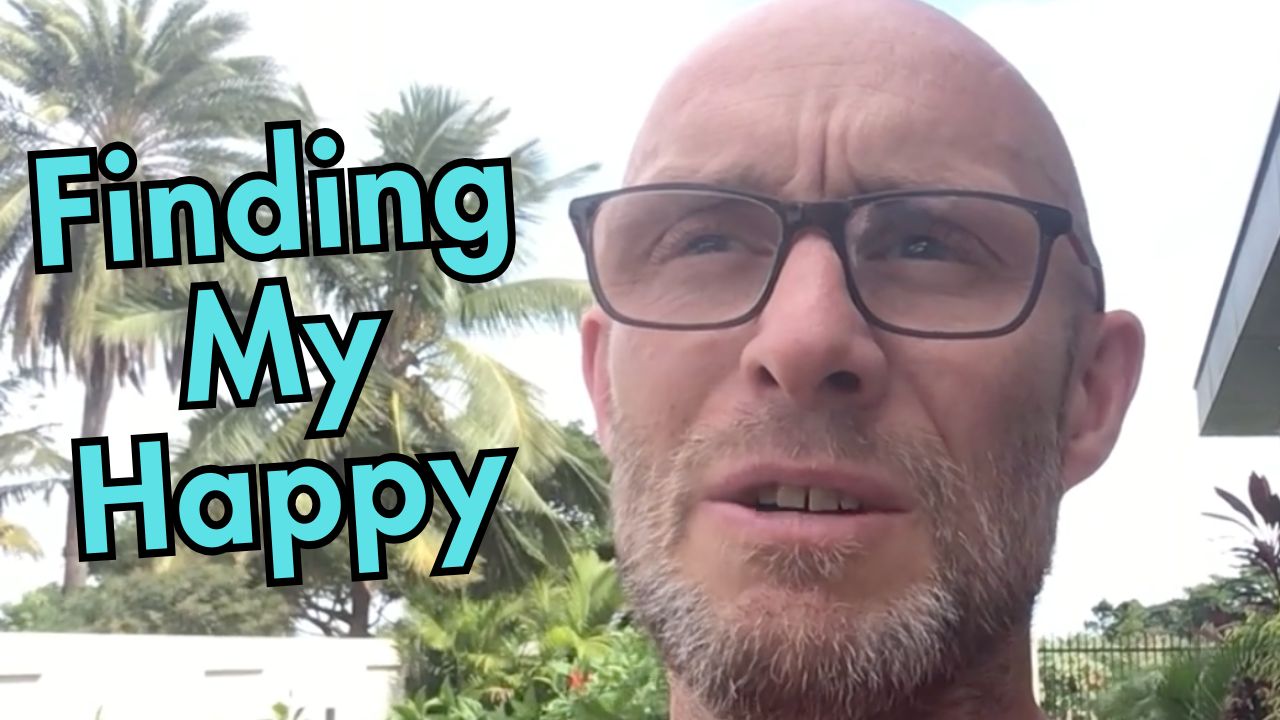Finding motivation when everything feels too much
Introduction: When Life Feels Like Too Much
We’ve all been there. That day when you wake up feeling physically drained, emotionally overwhelmed, and facing a mountain of tasks that seem impossible to tackle. Well, I experienced exactly this kind of struggle, and it taught me valuable lessons about productivity, self-compassion, and the power of small wins.
The Reality of Feeling Overwhelmed
Physical and Emotional Exhaustion
Physical tiredness doesn’t exist in isolation. It directly impacts our emotional state. When I recorded this reflection on a Sunday, I was battling both physical fatigue and emotional overwhelm. The combination created a perfect storm that made even simple tasks feel monumental.
Multiple Life Pressures
My overwhelm stemmed from several challenging situations happening simultaneously:
- Job searching while trying to move back to New Zealand to be closer to my children
- Visa concerns with looming deadlines to secure legal status in Fiji
- Financial pressures from trying to win more freelance work and pay bills
- Long-term goals like developing YouTube channels that require consistent effort
Sound familiar? When multiple life areas demand attention simultaneously, overwhelm is a natural response.
The Power of Habit Over Motivation
Why Motivation Isn’t Always Enough
Here’s what I learned: motivation is unreliable, but habits are powerful.
Despite feeling unmotivated and overwhelmed, I still managed to complete my Sunday routine of recording videos and handling social media tasks. This wasn’t because I felt inspired, it was because these activities had become habitual.
Discipline vs. Motivation
The difference between successful and unsuccessful people isn’t that successful people always feel motivated. It’s that they’ve developed systems and habits that carry them through difficult periods. When motivation fails, discipline and routine take over.
Strategies for Managing Overwhelm
1. Listen to Your Body and Emotions
Your feelings are valid signals, not obstacles to overcome. When you’re struggling:
- Acknowledge that you’re having a difficult time
- Accept that some days are harder than others
- Avoid fighting against these natural fluctuations
2. The “Every Little Step” Philosophy
I have a poster on my wall that reads: “Every little step forward, no matter how small, is a win.” This mindset shift is transformational. Instead of focusing on what you haven’t accomplished, celebrate any progress toward your goals.
3. Avoid Self-Criticism During Difficult Times
The hardest part of overwhelming periods isn’t the external challenges. It’s the internal dialogue. Don’t make your life harder “between your ears” by adding self-criticism to an already difficult situation.
Practical Tips for Overwhelmed Days
Start Impossibly Small
When everything feels too much:
- Write one email
- Make one phone call
- Complete one small task
- Take one step toward any goal
The size doesn’t matter. Forward movement does.
Give Yourself Permission to Struggle
It’s okay to not be okay. This isn’t failure; it’s human experience. By accepting difficult periods instead of fighting them, you preserve energy for actual productive action.
Focus on Systems, Not Outcomes
When you can’t control results, focus on controllable actions. Maintain your routines and habits even when they feel difficult. The compound effect will surprise you.
The Monday Morning Turnaround
After giving myself permission to struggle on Sunday while still taking small actions, Monday morning brought a dramatic shift. I felt significantly better and became “amazingly productive.” This wasn’t coincidence. It was the result of:
- Self-compassion during the difficult period
- Maintained habits despite low motivation
- Small wins that built momentum
Key Takeaways for Managing Overwhelm
Two Essential Messages
- It’s okay to have down days – Accept that struggle is part of the human experience
- Take action anyway – Even small steps forward are victories worth celebrating
The Long-Term Perspective
Training yourself out of overwhelm isn’t a one-time achievement. It’s an ongoing practice. Each time you choose self-compassion over self-criticism and action over paralysis, you build resilience for future challenges.
Conclusion: Your Overwhelm Doesn’t Define You
Whether you’re job searching, managing visa issues, building a business, or juggling multiple life pressures, remember that overwhelm is temporary. Your response to it, however, shapes your long-term success and well-being.
The next time you feel overwhelmed:
- Listen to your body and emotions
- Give yourself permission to struggle
- Take one small step forward
- Celebrate any progress, no matter how minor
Remember: it’s okay to be not okay. What matters is what you do next.
What’s your experience with managing overwhelm? How do you stay productive during difficult periods? Share your thoughts and strategies in the comments below.
If you found this helpful, consider sharing it with someone who might be struggling with similar challenges. Sometimes knowing we’re not alone in our struggles makes all the difference.


